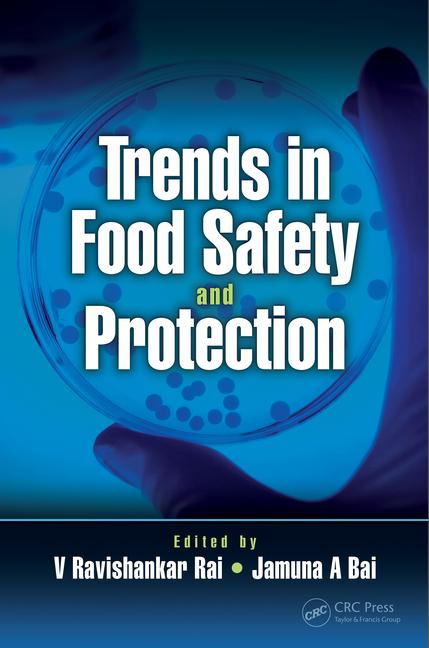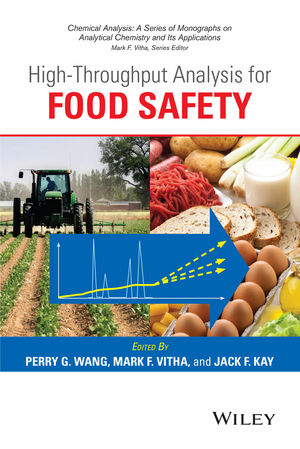FDA Selects Michael Rogers as New Associate Commissioner for Regulatory Affairs in ORA

Image credit: FDA
The U.S. Food and Drug Administration has announced the selection of Michael C. Rogers as the permanent Associate Commissioner for Regulatory Affairs (ACRA) in the FDA’s Office of Regulatory Affairs (ORA). Mr. Rogers is a former Baltimore-based FDA investigator with a 32-year career with the agency, 28 of which were spent with ORA, and is the son of a former ORA district director.
After several years leading boots-on-the-ground inspections of food, drug, and other medical product facilities in the U.S. and abroad as an investigator and supervisory investigator, Mr. Rogers was promoted to Deputy Director for ORA’s Office of Regional Operations, and then, Director of the agency’s Division of Field Investigations. In 2011, he and his family moved to Costa Rica, where Mr. Rogers led FDA’s Latin America Regional Office for four years, a role in which he oversaw products produced in 44 countries and territories in Latin America and the Caribbean for the U.S. market. After his time in Costa Rica, Mr. Rogers returned to the Washington D.C. area to serve as ORA’s Senior Advisor for Medical Products, and then, in 2018, as its Assistant Commissioner for Human and Animal Foods.
Michael has worked with foreign governments to develop international agreements, led numerous national and international investigations, and supported responses to public health-related emergencies, as well as natural disaster recovery efforts. He has conducted domestic and international inspections as an investigator and as a supervisor, and has experience inspecting high-profile clinical trials, animal testing facilities, pharmaceutical companies, food facilities, and large blood banks.
Mr. Rogers looks forward to leading at a pivotal time in the organization’s history with top priorities including foodborne illness prevention; development of AI tools for targeting unsafe foods into the U.S.; the battle against health fraud, illegal opioids, and other drugs; the expansion of partnerships for bolstering the agency’s many federal, state, local, tribal, and territorial safety nets; and a continual striving to set the bar, globally, for standards in public health-protecting field operations.
Looking for a reprint of this article?
From high-res PDFs to custom plaques, order your copy today!









